Watcher
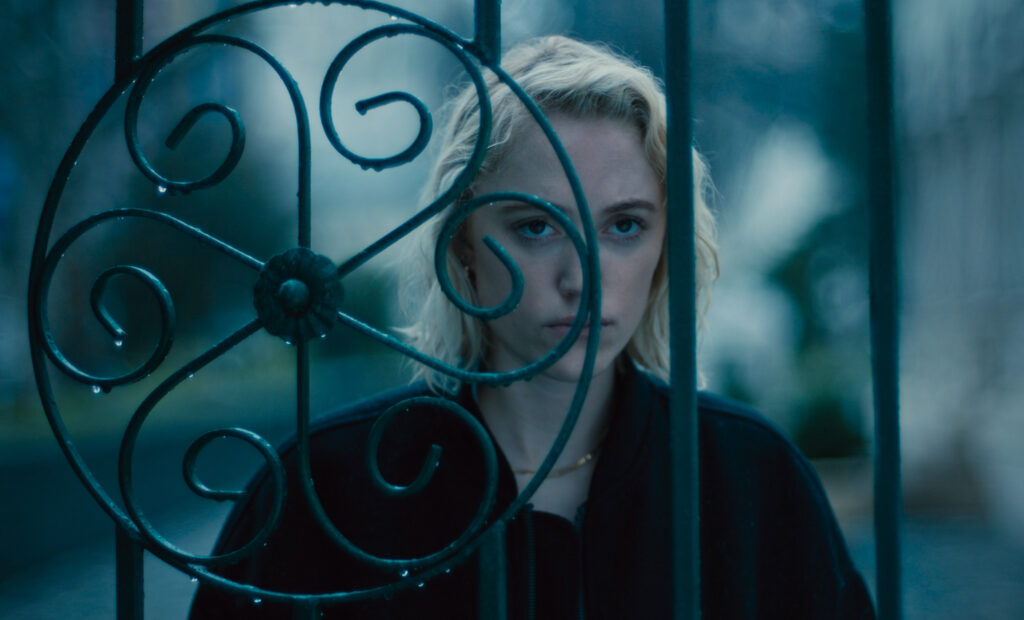
Watcher, the debut directorial feature from Chloe Okuno, deftly straddles the past and present of genre filmmaking. The past in its lean, streamlined, familiar take on the Hitchcockian psychological thriller, even superficially following the well-trodden path of the slasher narrative, with Maika Monroe’s icy blonde heroine somewhat embodying the “final girl”. Okuno, however, roots her film firmly in a modern perspective, imbuing a potentially throwaway narrative with a fresh, nuanced edge.
Having relocated to Bucharest with her husband, Francis (Karl Glusman), Julia (Monroe) is at a loose end. With little to occupy herself while Francis works long hours, she begins to sense something off-kilter, becoming convinced that a man (Burn Gorman) living in the apartment block opposite is watching her. She strains her eyes to see only an outline or a faint figure distorted by net curtains. These are evocative long shots which tap into a universal paranoia when one is left to one’s own devices of an evening: is that silhouette outside my window a branch or am I being watched? Shortly thereafter, news of a serial killer in the city begins to emerge, with the victims being exclusively young women with their throats slit, sometimes so forcefully that their heads are cut off. Julia then becomes gripped by the possibility that the man opposite is the perpetrator, and begins to vehemently fear for her own safety.
Shot on location in Bucharest, Okuno’s sense of setting is strongly oriented to a sense of alienation. While she struggles to learn Romanian and get to grips with local customs, she also begins to feel ill-at-ease in her marriage, with Francis radiating a lack of trust in her fears. Interestingly, for all the shadowy mystery of its rain-drenched streets, the film itself never really throws into question Julia’s sanity, or the validity of her fears, and doesn’t shield its narrative hand. Broadly, the story plays out as you’d expect, in the tradition of a plethora of stalker thrillers that have preceded it, but the film orients the point of intrigue to a female anxiety of the male gaze, not simply at the gaze itself.
Where the story may have had a more jagged, exploitation edge to it had it been filmed by a male director in the 70s, for example, Watcher is a spacious and mature study of gendered fears, male violence (whether that be the actual physical perpetration of it or the lack of trust in a woman’s fear of it) and isolation, while maintaining a taut tension.
Matthew McMillan
Watcher does not have a UK release date yet.
For further information about Sundance London 2022 visit here.
Read more reviews from the festival here.
Watch the trailer for Watcher here:

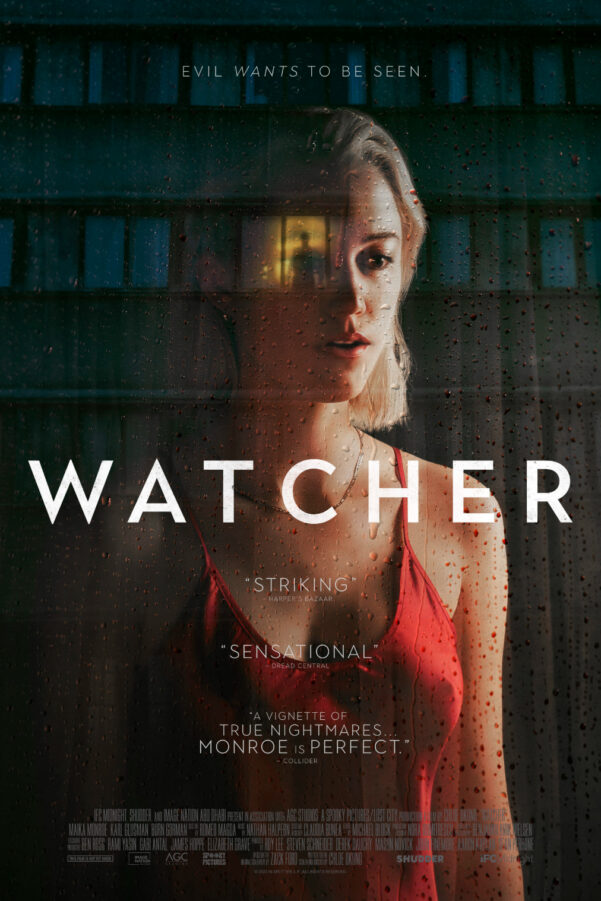
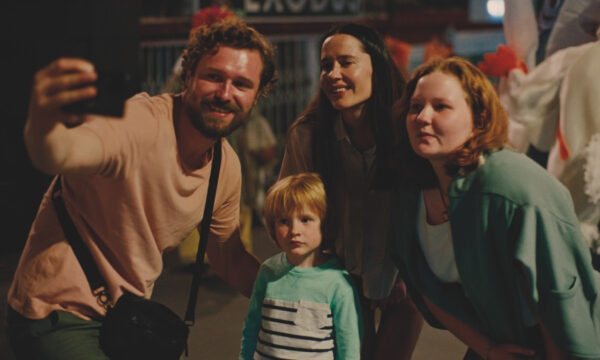





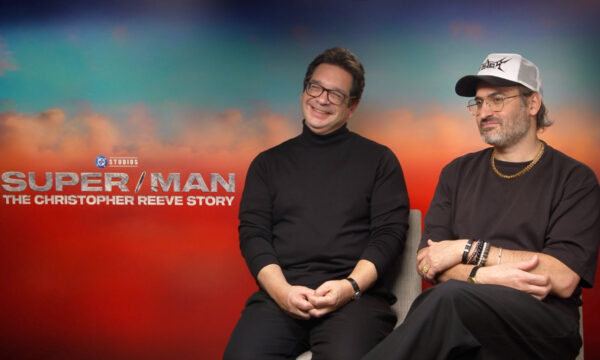

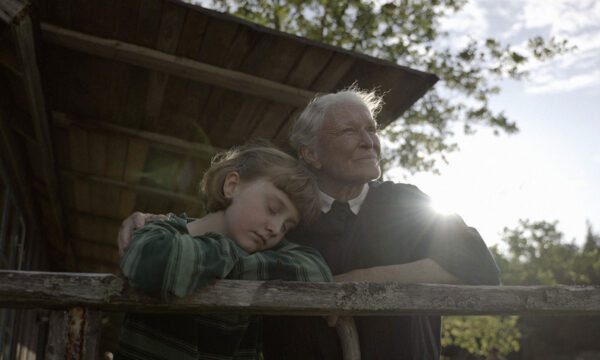









Facebook
Twitter
Instagram
YouTube
RSS